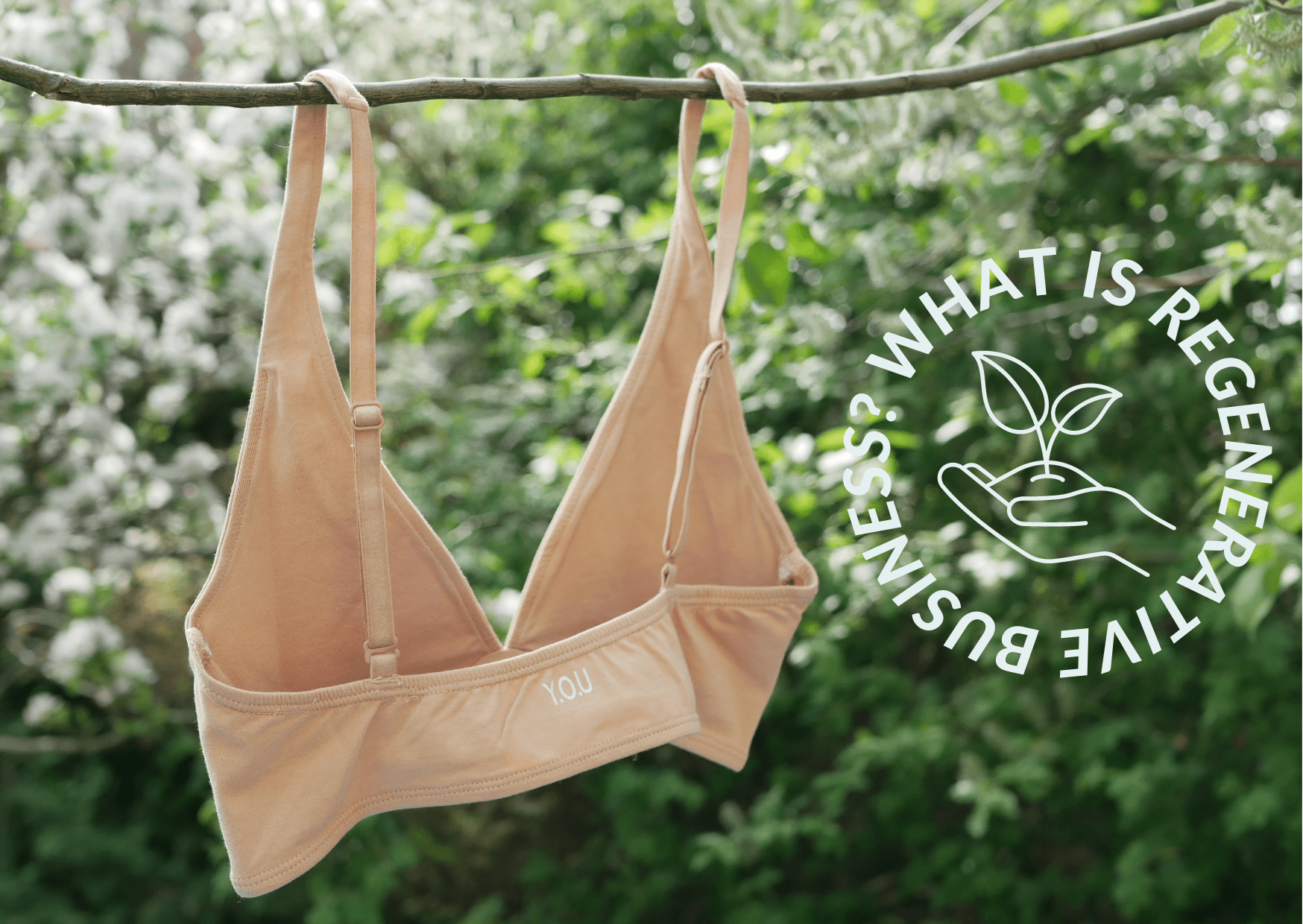
What is Regenerative Business?
At Y.O.U Underwear, giving back is at the heart of what we do. Every Y.O.U purchase supports women and children facing period poverty, provides fair wages for our garment makers, and is sourced from eco-friendly materials. We want to do more than offset the terrible effects of climate change; we want to replenish the earth and help build a fairer world for generations to come. We want to be a regenerative business.
What is a regenerative business?
Sustainability is often framed as “doing less harm”, as a form of risk management or damage control. What if, instead of doing less harm, businesses did more good? This is the essence of regenerative business, which Forbes describes as businesses that “give back 10x and even 100x more to society and the planet than what they take from it”. Regenerative businesses reduce their environmental footprint while simultaneously increasing their socio-ecological handprint, “restoring the health of individuals, communities and the planet”.

What does a regenerative business look like in practice?
A regenerative business starts with a mission to make the world a better place by, for example, donating profits and products to disadvantaged communities or creating sustainable solutions. They have a clear purpose, goals and values to guide their business operations. Regenerative business practices are implemented across the entire supply chain, and consider people and the planet at every stage. This covers everything from governance, responsible manufacturing, fair employment, animal welfare, risk management, environmental reductions and diversity measures. At a people level, this means supporting the local economy, paying fair wages and creating a safe working environment. At an environmental level, this means calculating, reducing and offsetting your impact. For a broader overview of what a regenerative business model encompasses, check out this mind map.
How is Y.O.U a regenerative business?
Y.O.U Underwear started with a threefold mission: to prove that businesses can be a force for good, to empower our customers to make a difference and to change lives one pair of pants at a time. If we’re being honest, we think we’re doing a pretty good job! How do we know? We regularly measure our impact and publicly share this information with our customers. Here is a summary from our 2021 Impact Report which you can read in full here.
We do more than reduce our environmental impact; we actively increase our social one. Through our buy-one-give-two model, we donated 9,110 pairs of underwear to Smalls For All and donated 1,547 pairs of underwear to Maasai Communities in Kenya. Alongside supporting women and girls through donations, we work with India's leading ethical and sustainable manufacturer to ensure that nobody is exploited in our supply chain.
We supported many causes last year, donating £144.80 to Smalls for All from the sales of our facemasks and £208 to Future Dreams from the sales of our light pink collection. Click here for a full breakdown of our donations in 2021.

We plant a tree for every newsletter signup and planted 174 trees in collaboration with Ecologi and Treedom in 2021. Tree planting is a simple and effective way to offset carbon emissions alongside active efforts to minimise our footprint wherever possible. If you’re not signed up to our newsletter, you can join the positive pants club here.
As part of our efforts to become more circular, we turn our used mailing bags into gorgeous recycled plastic earrings. At the start of this year, we introduced a take-back scheme, so you can responsibly dispose of your old undies, tights and socks (from any brand!) It was a really important step for us to take, making us responsible for the entire lifespan of our underwear. Discover how to recycle your old underwear here.
Our proudest achievement to date is being certified as the top-scoring B Corp in the UK and the highest fashion B Corp globally. Becoming a B Corp reaffirmed our mission to do environmental and social good, and to put the planet before profit. Not sure what a B Corp is? Learn more here.
What plans do we have in place to become a better business?
Even though we have many regenerative business practices in place, we are always looking to become the best version of ourselves that we can be. We have ambitious goals for this year and hope you’ll tag along on the journey by following us on Instagram and signing up to our newsletter for the latest updates.
One of our big projects this year is to calculate our current carbon footprint, not just from the water and energy we use but also throughout our supply chain, to see where we can make positive changes and reduce our emissions and footprint. We'll be focusing on our digital sustainability, farming and manufacturing processes, and the further steps needed to achieve Net Zero by 2030 (if not sooner!)
We’re also looking at ways we can benefit from regenerative agricultural schemes. Currently, we use GOTS-certified, Fairtrade organic cotton because it performs environmentally better than non-organic cotton. In fact, in 2021 we conserved 618,541 litres of water by using organic rather than conventional cotton, and saved enough energy to power a standard 60W lightbulb for 568 days!
Our manufacturer, RCM, works with Chetna Organic - a small producer organisation working with small and marginal farmers towards improving their livelihood options and making farming a sustainable and profitable occupation - to source a lot of our cotton. Chenta Organic recently launched a Regenerative Organic Certified (ROC) regenerative agricultural pilot scheme which aims to improve local soil health, while providing fair and just employment for farmers and workers. The programme promotes regenerative practices including crop rotation, intercropping, organic farming and using little or no tilling. We hope schemes like this will become commonplace, and to source our cotton from similar projects in future. It’s just one of the many ways we’re looking to future proof our business and ensure we always give back more than we take.
Written by Melissa Watt
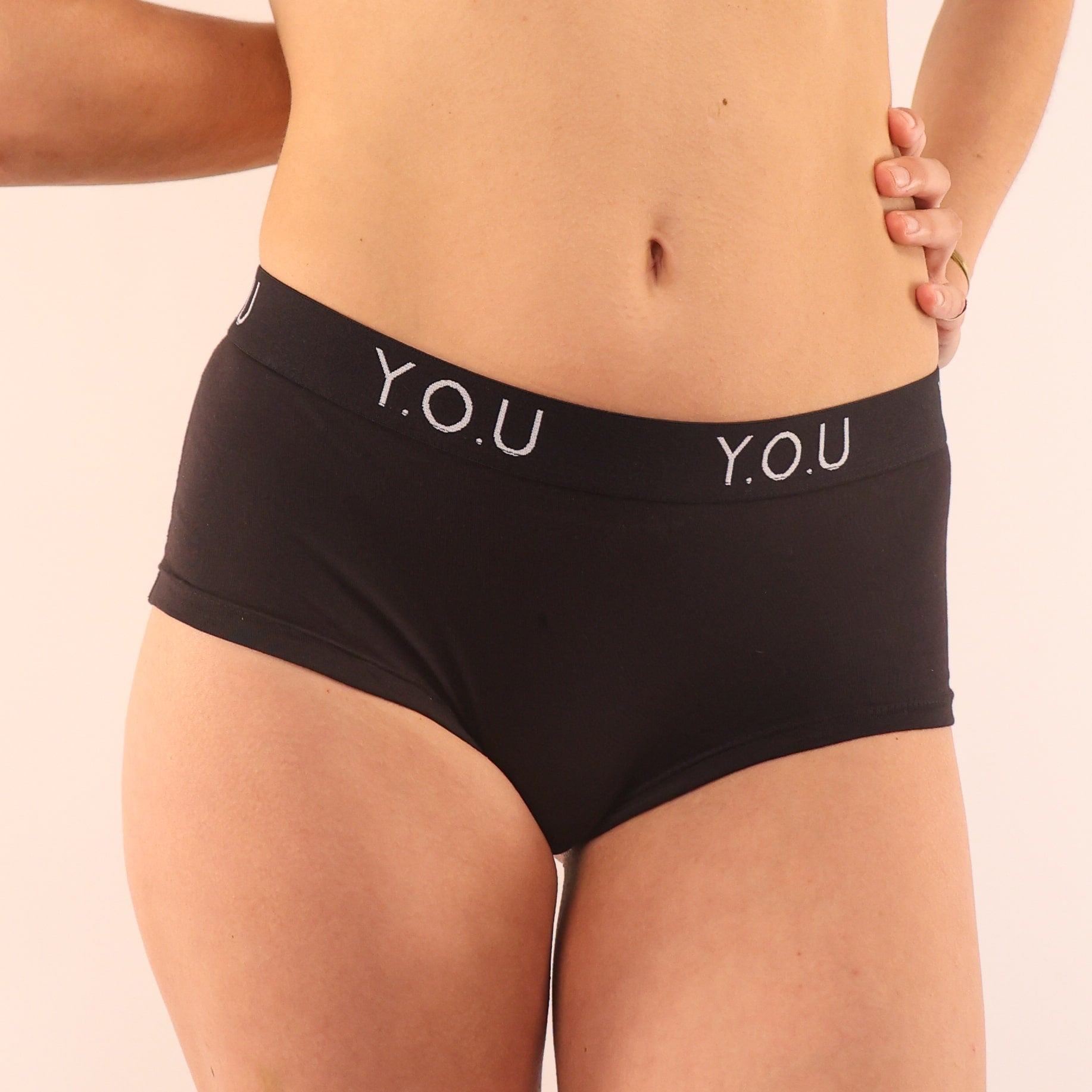

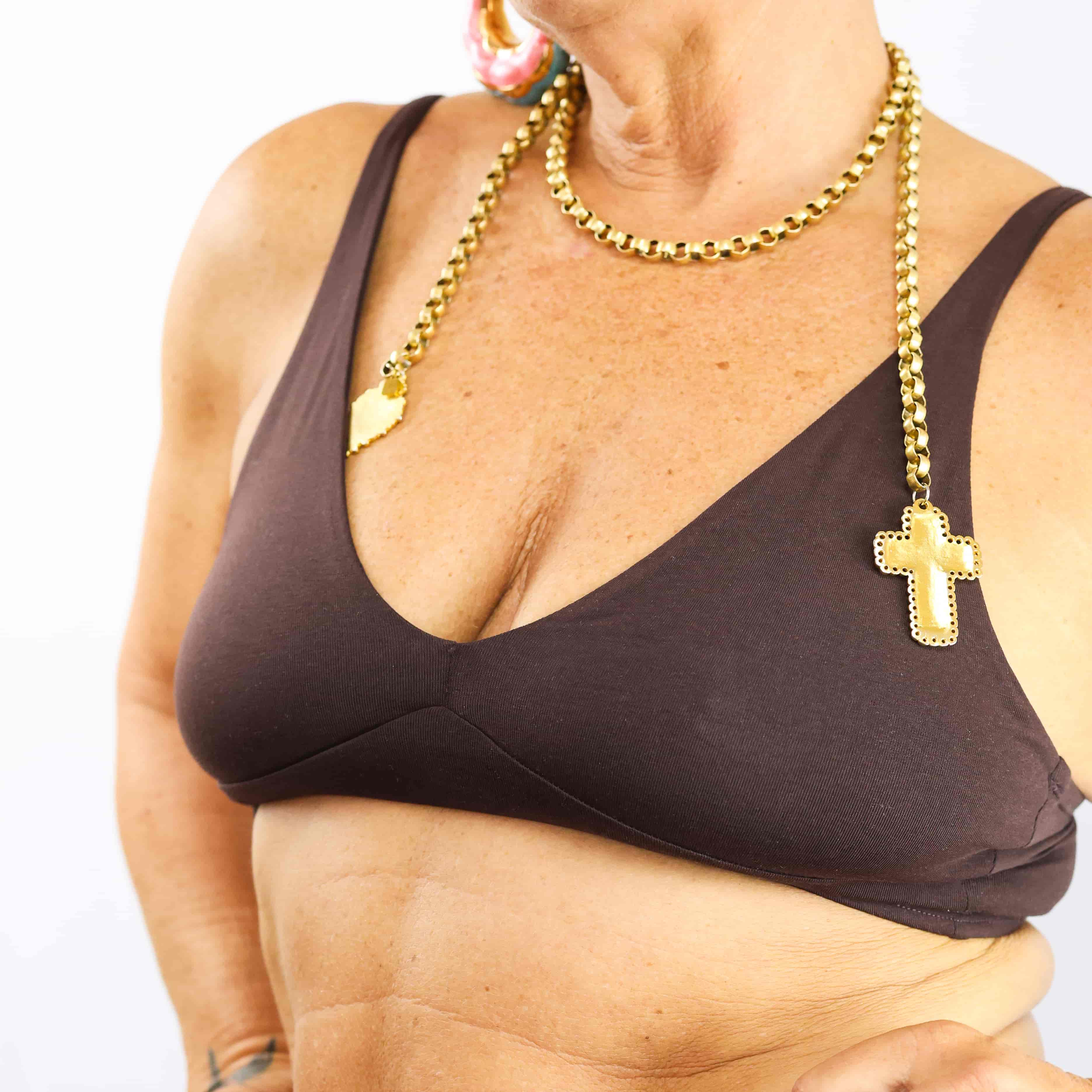
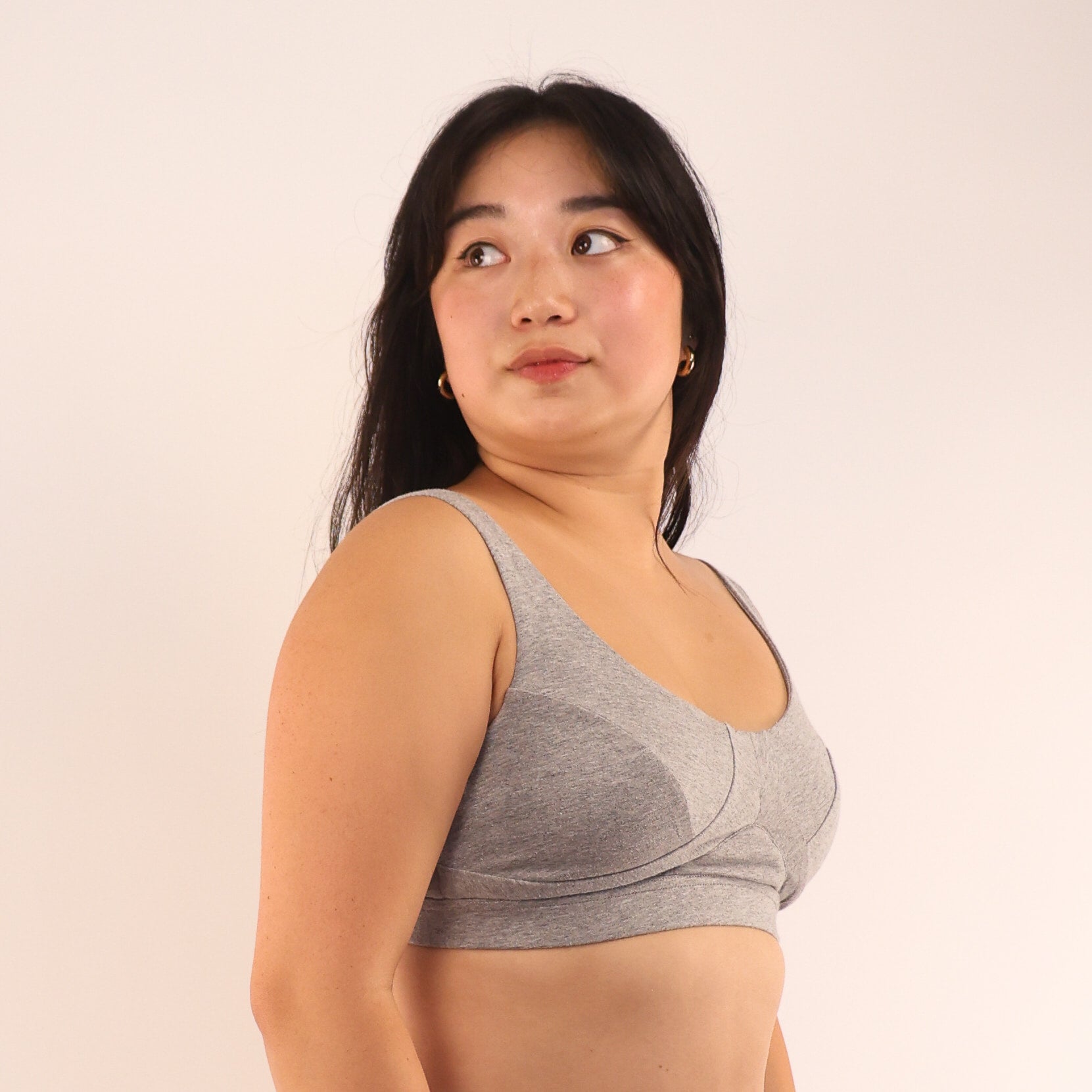
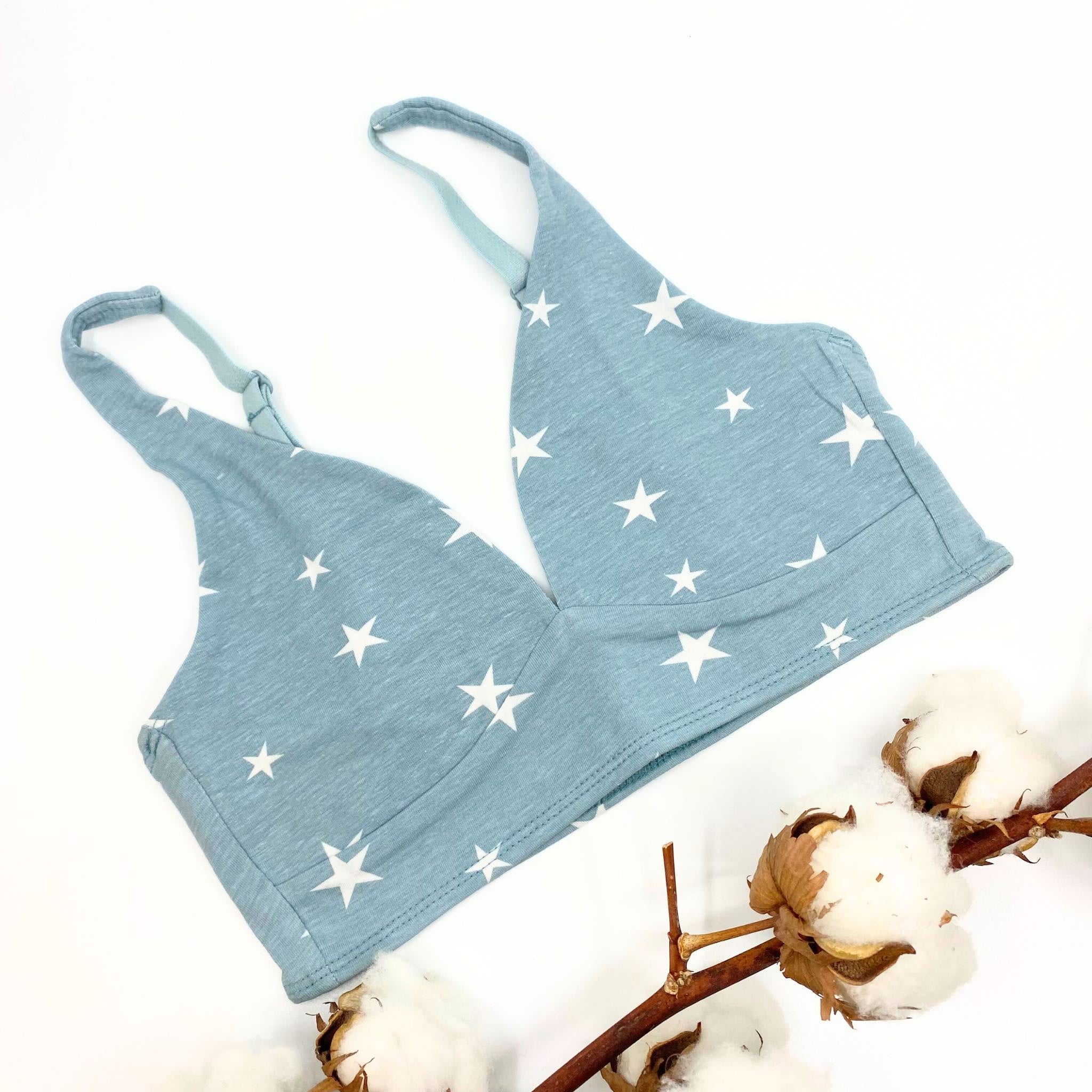
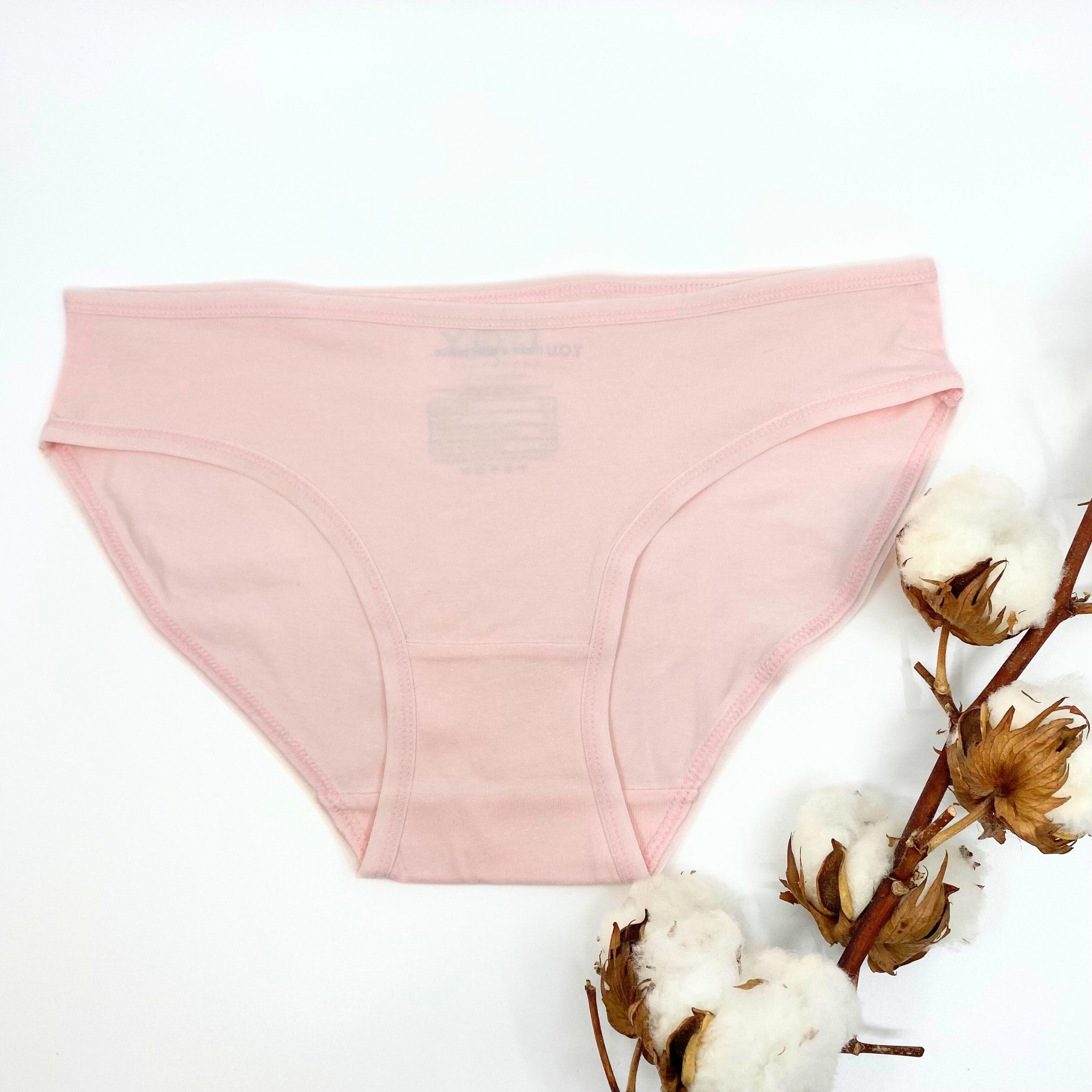
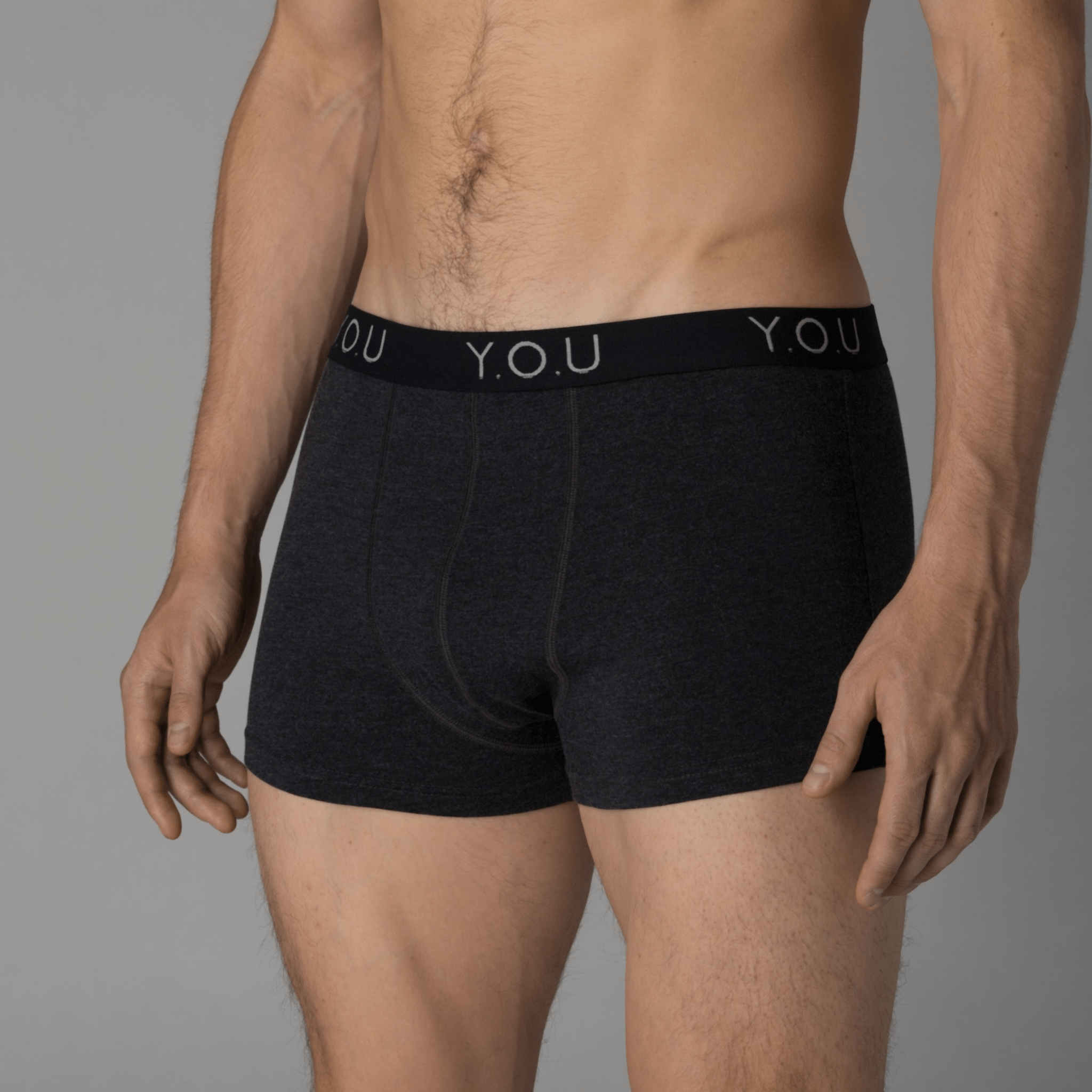
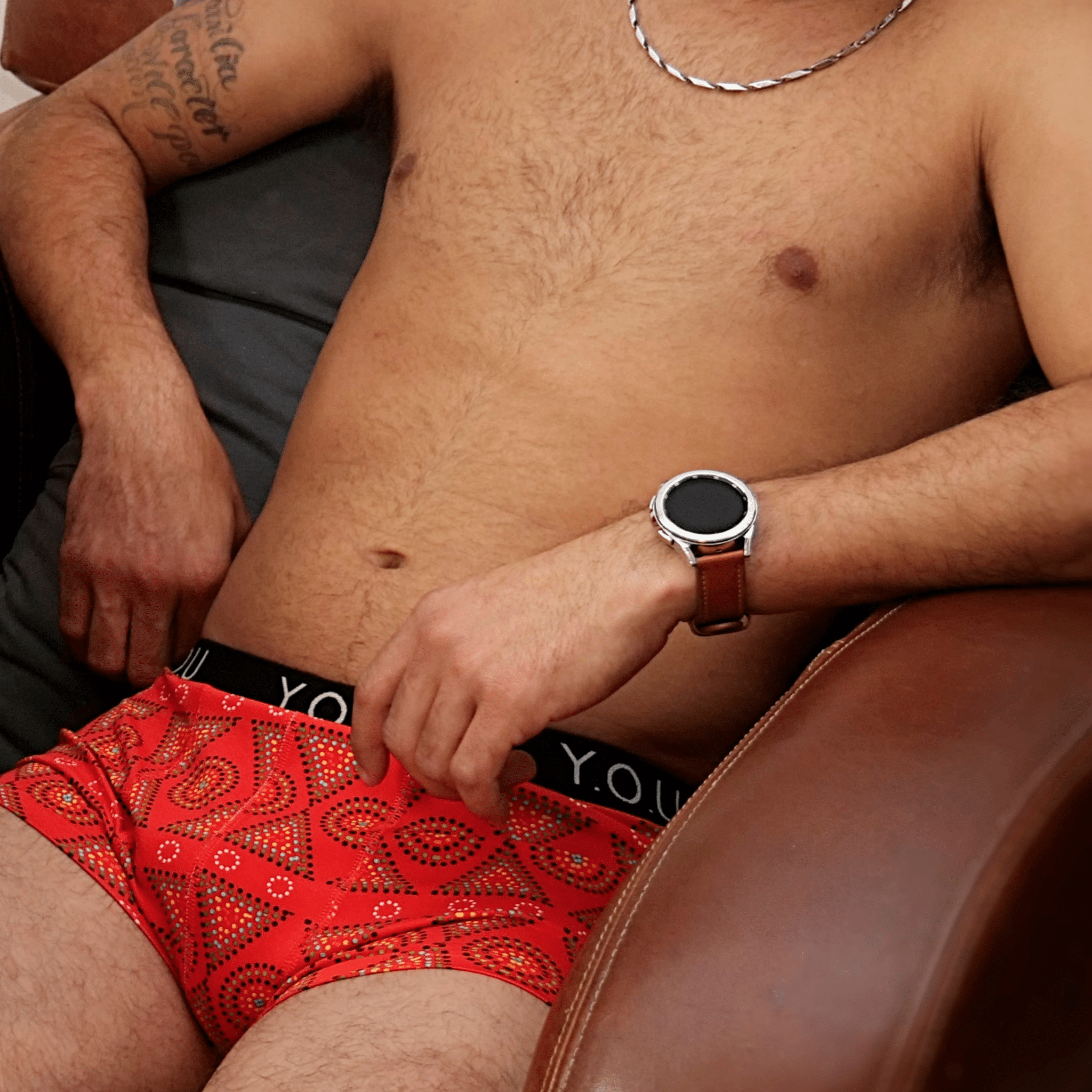

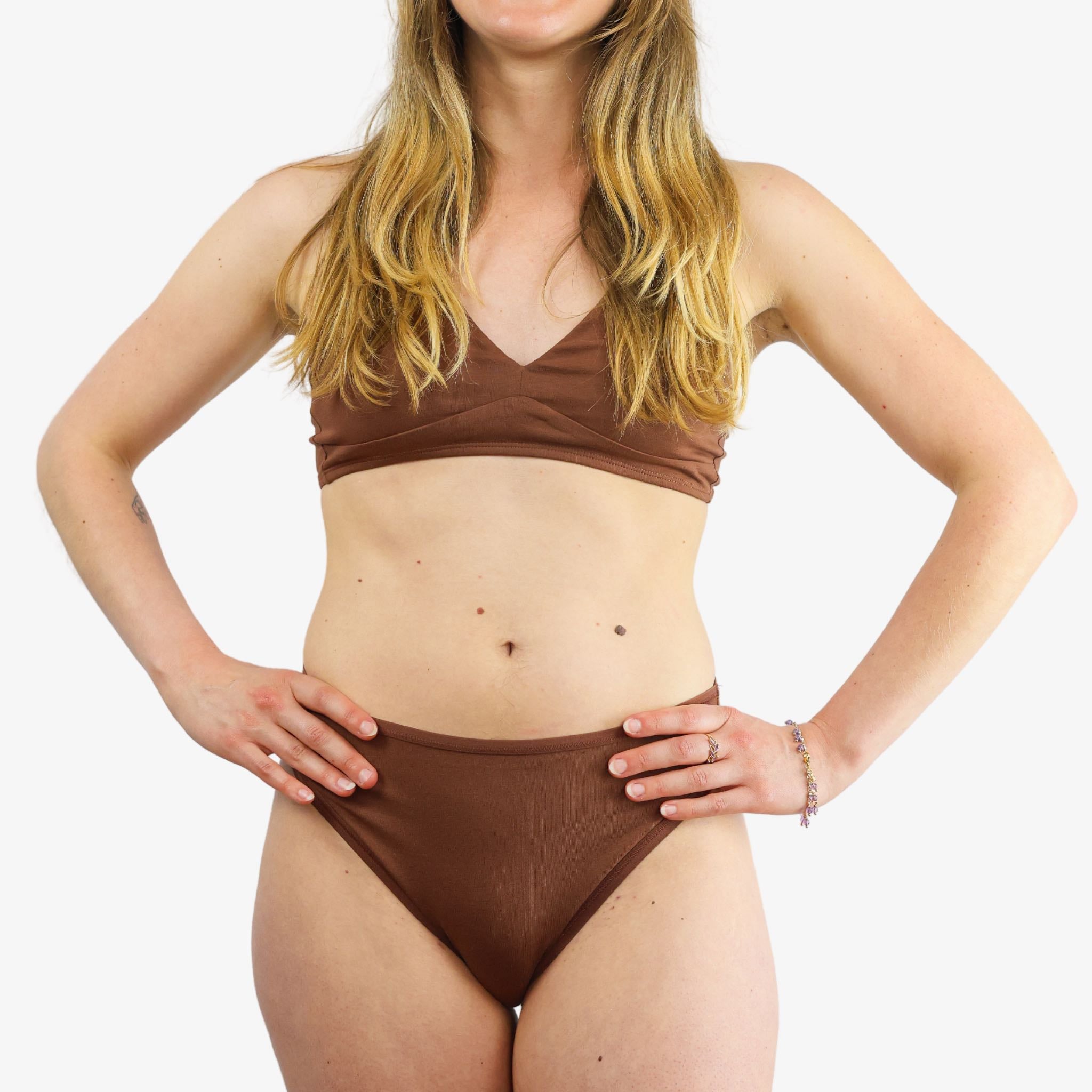
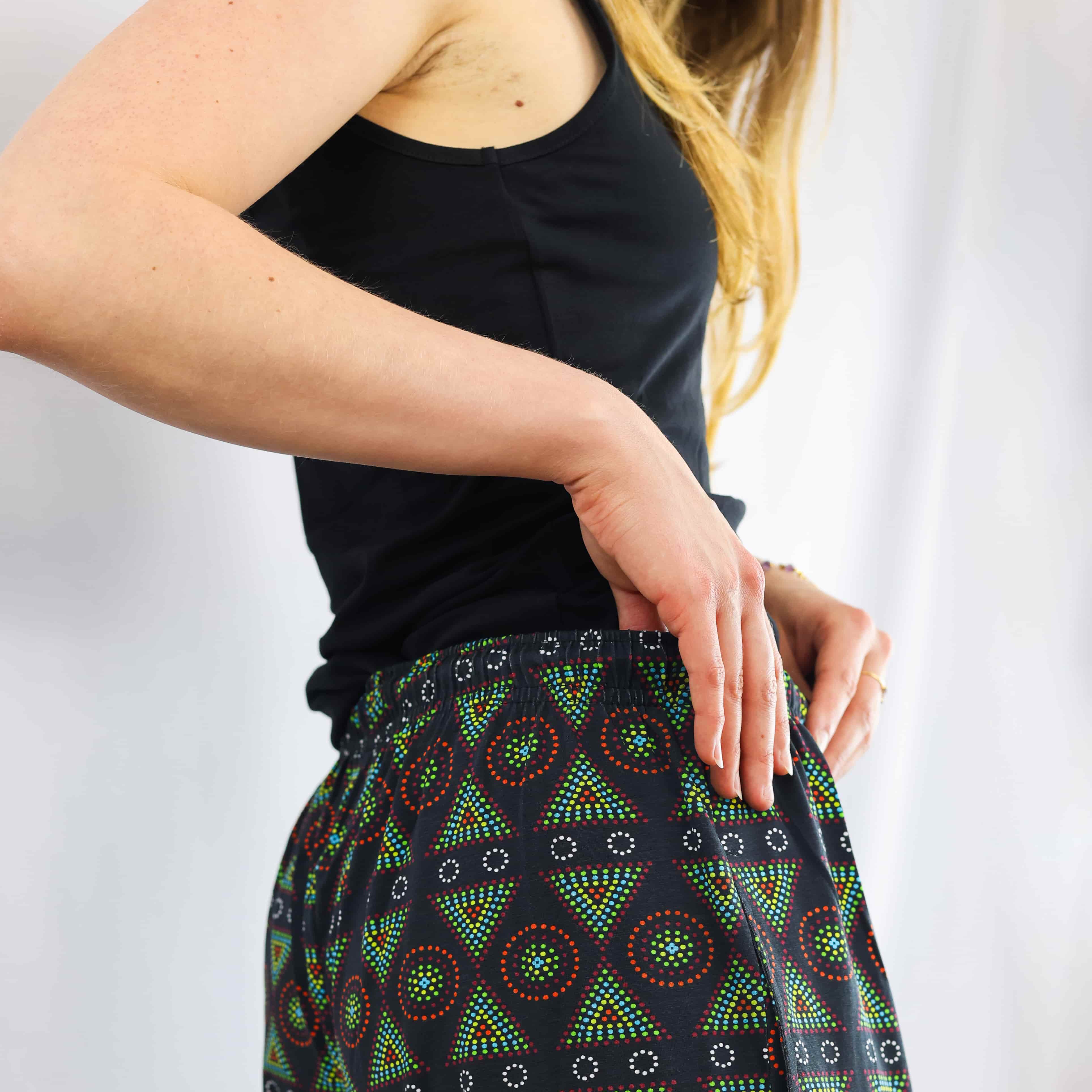
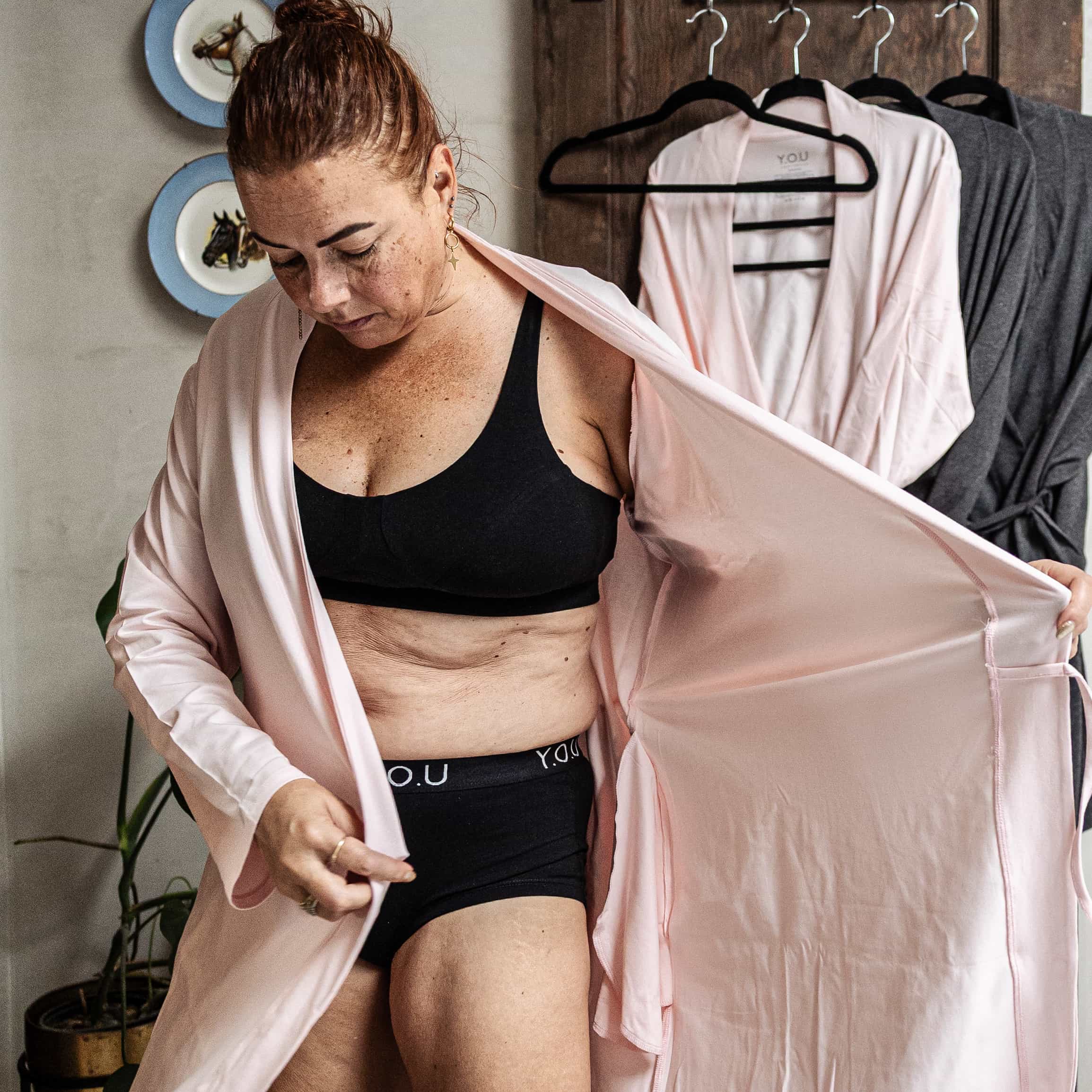

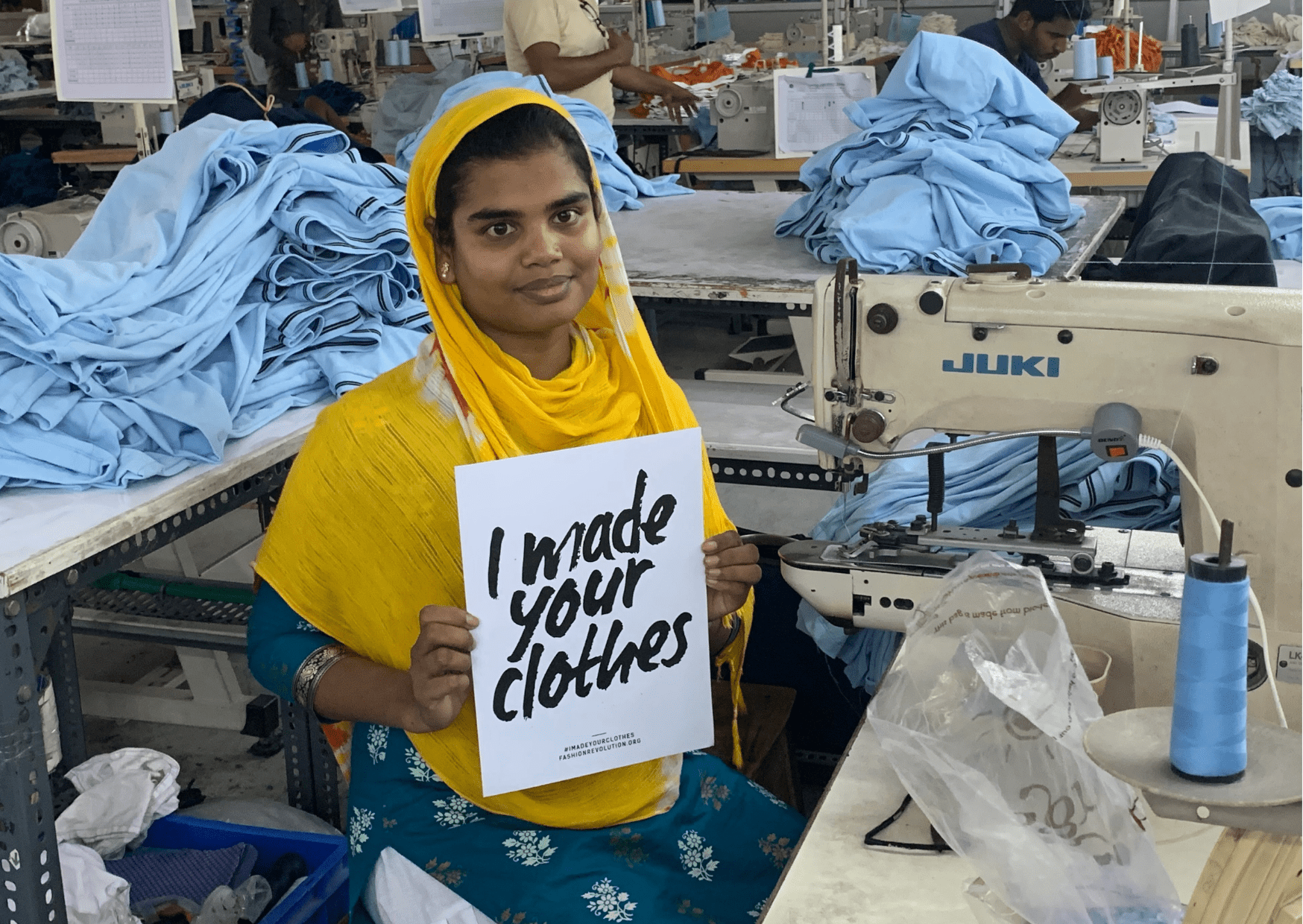
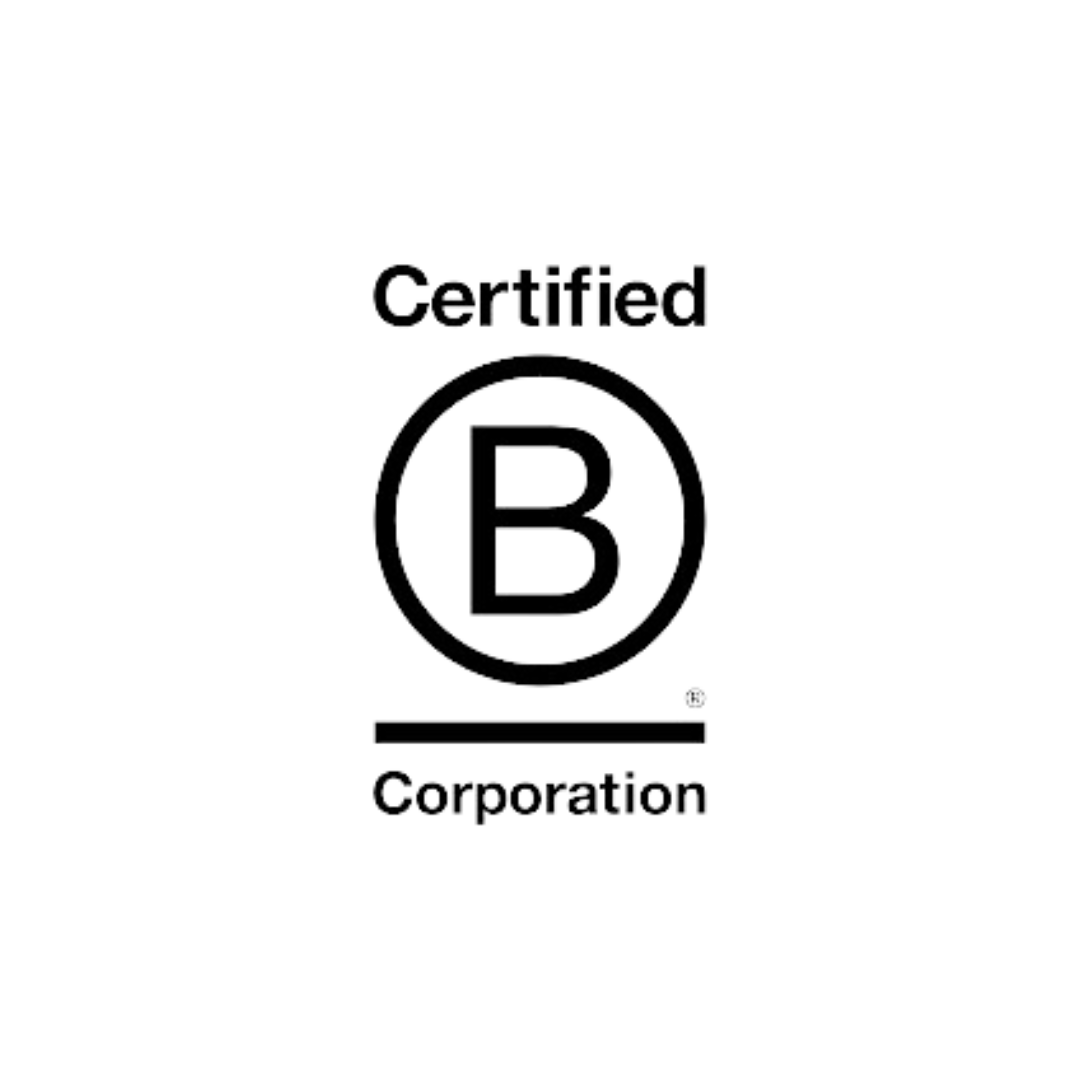
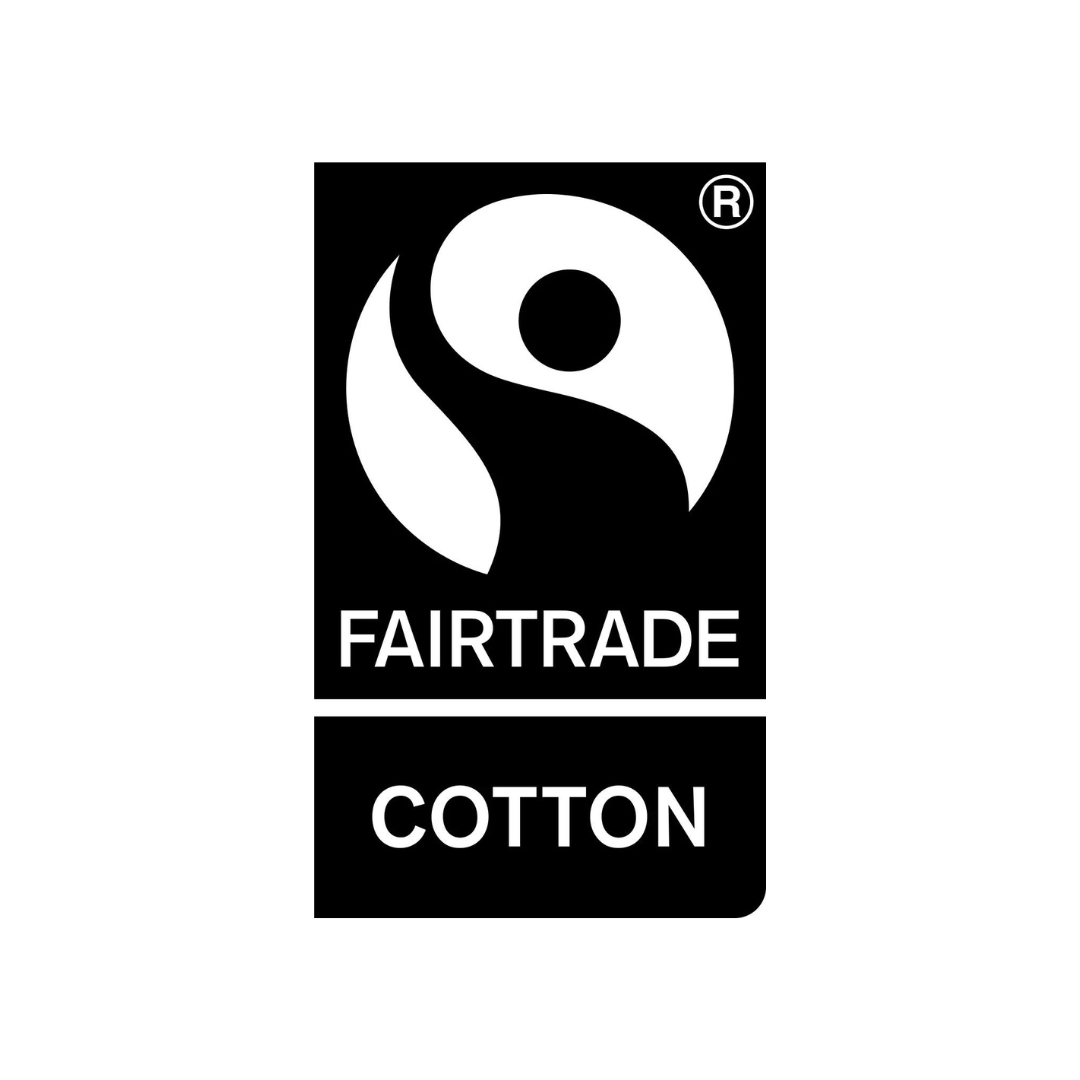
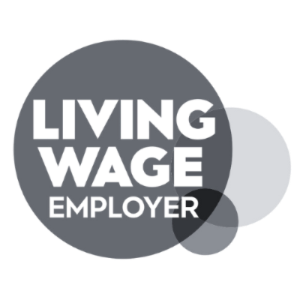
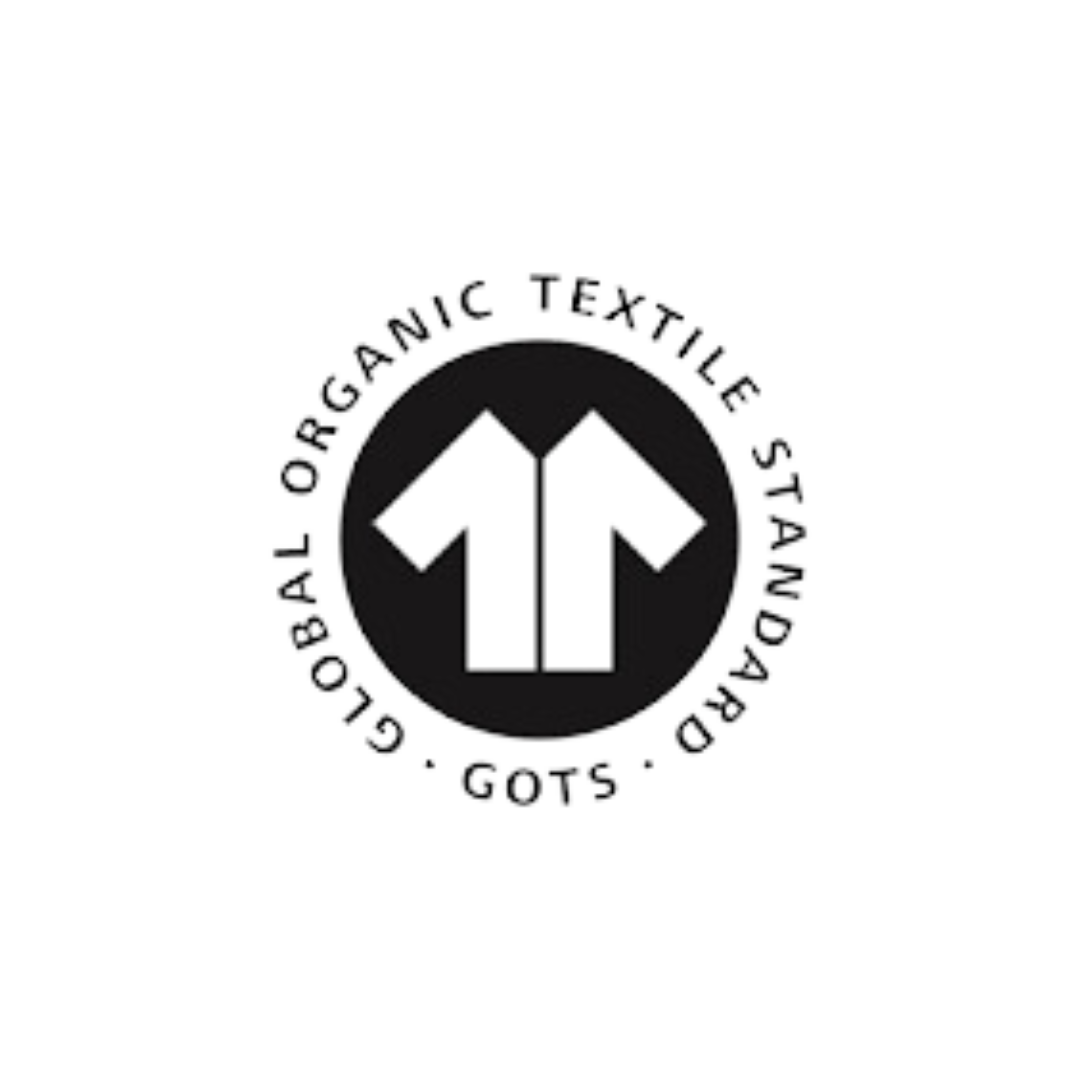
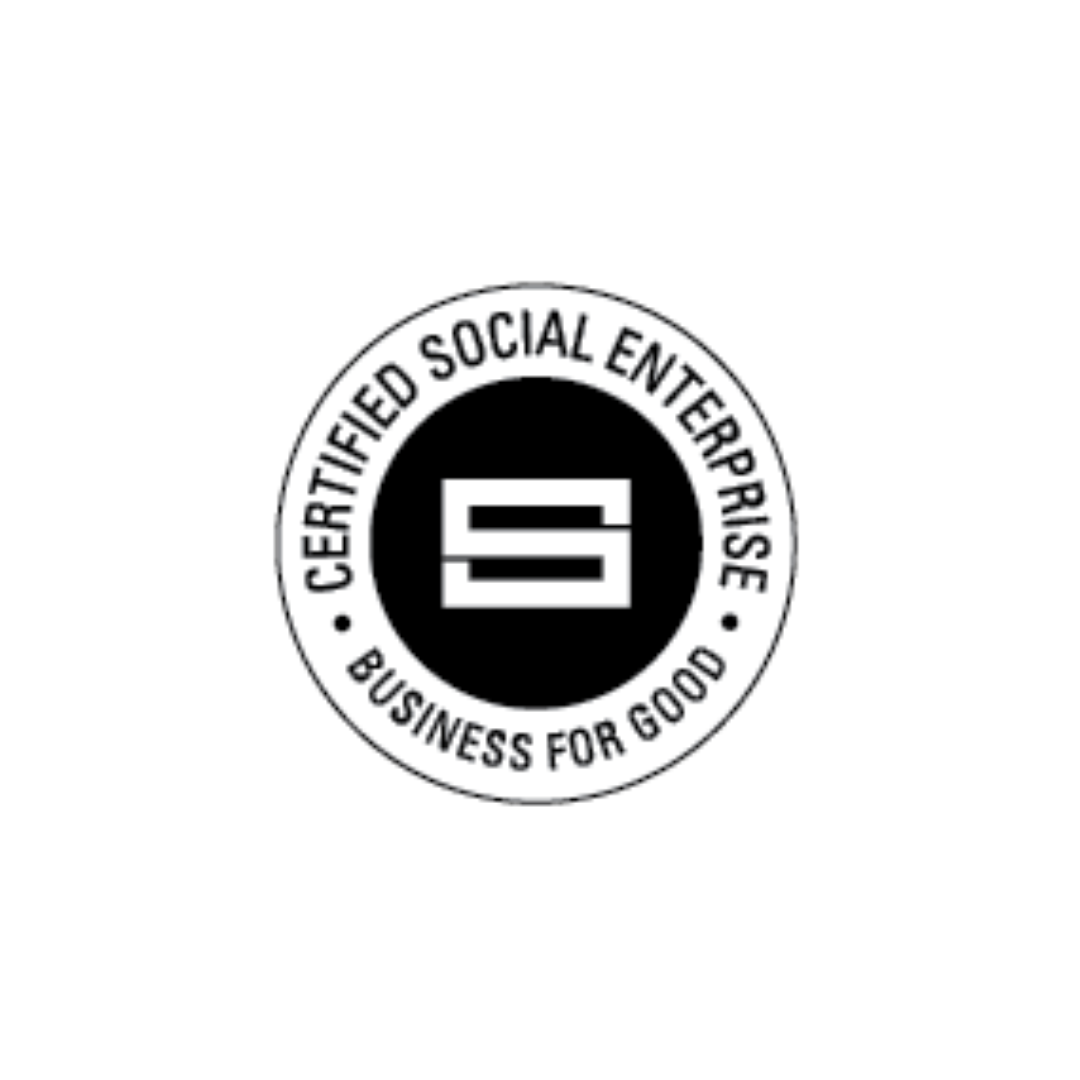
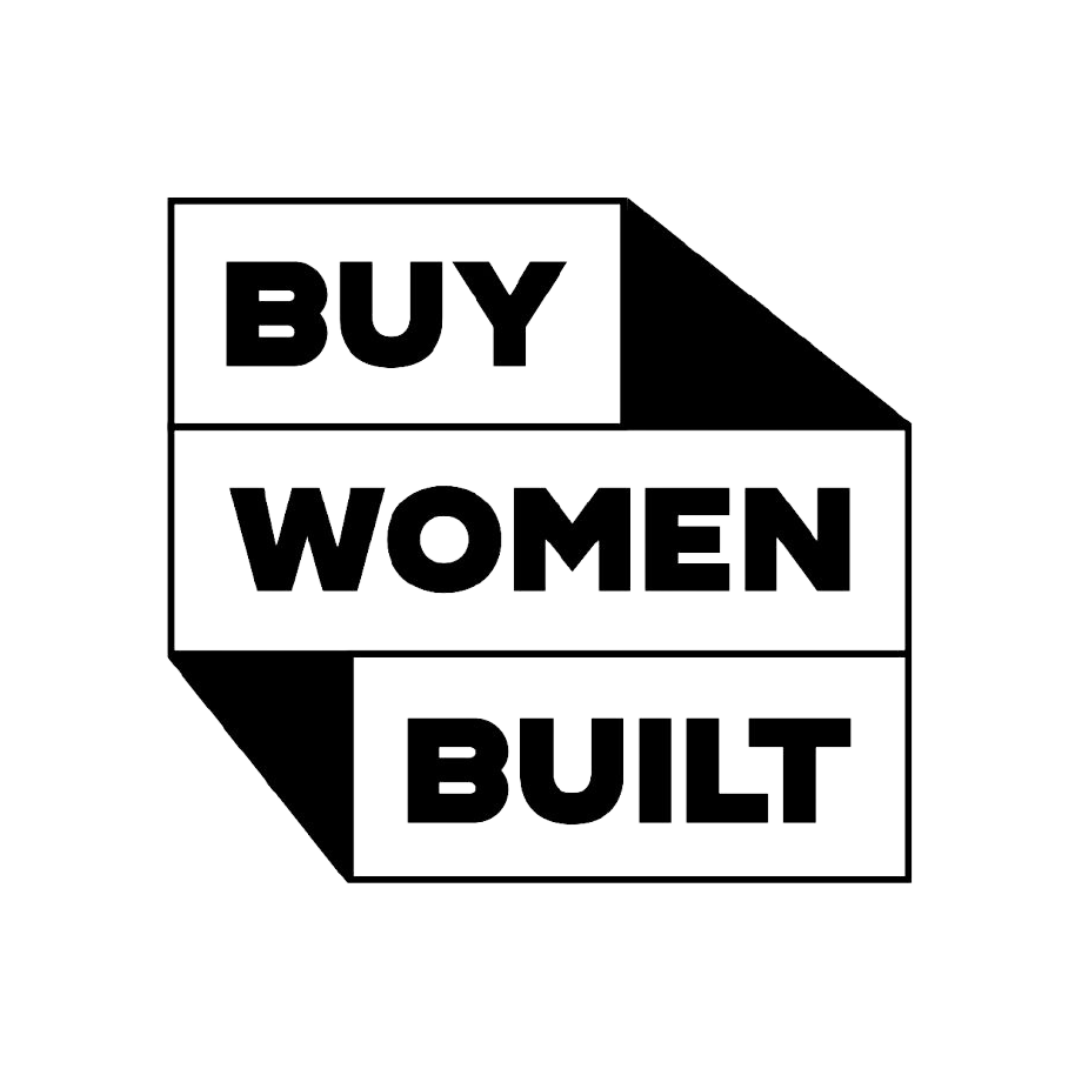
Leave a comment
This site is protected by hCaptcha and the hCaptcha Privacy Policy and Terms of Service apply.